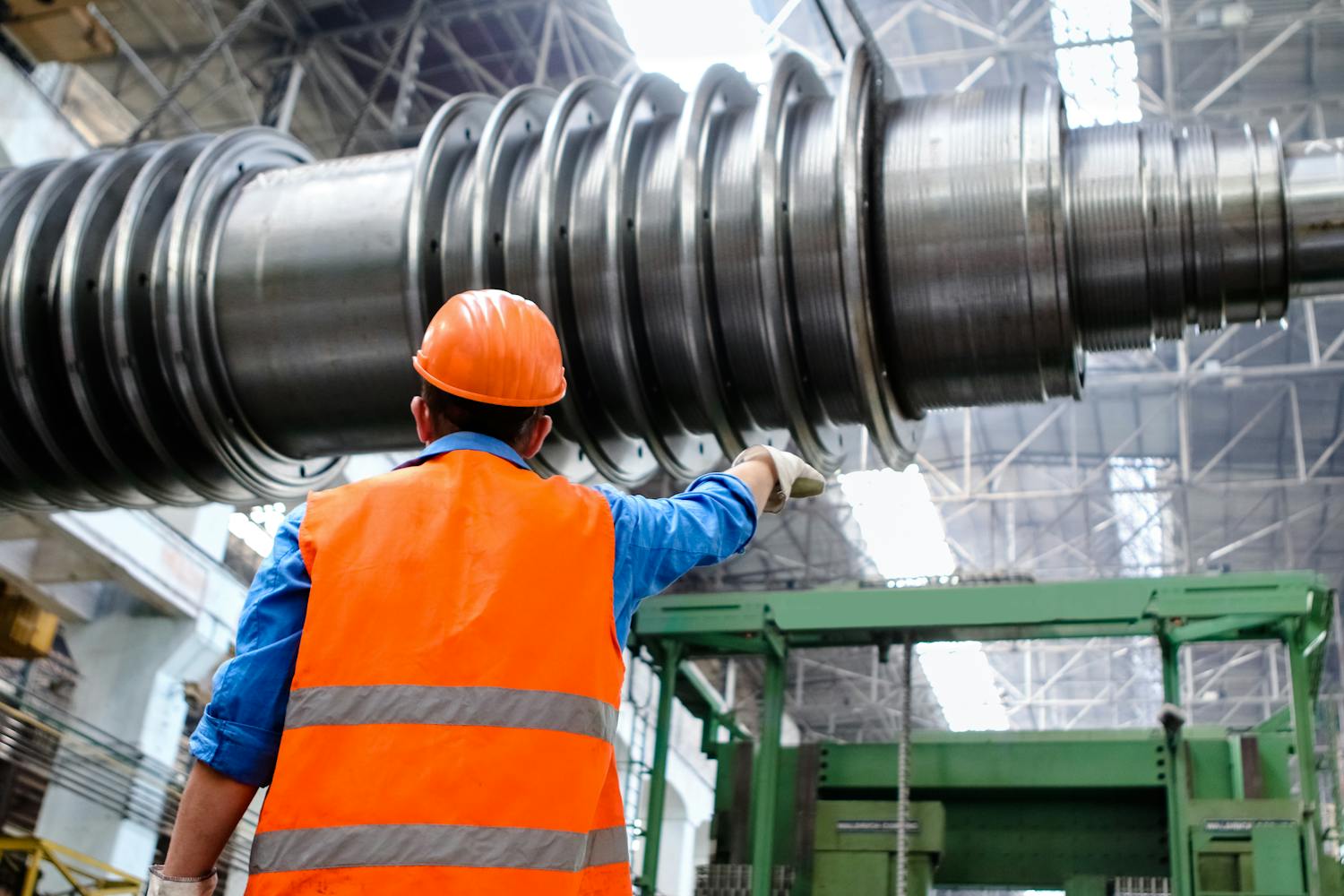The United Kingdom has set one of the most ambitious climate targets in the world. With a legal obligation to reach net zero carbon emissions by 2050, the country must rapidly transform how it builds, heats, powers and moves. But according to a recent report highlighted by The Guardian, tightening immigration rules may be putting this mission at risk.
At the heart of the concern is a growing mismatch between the skills needed to deliver net zero and the available workforce within the UK. The report warns that recent changes to immigration policy could sharply reduce access to the very professionals needed to drive sustainable infrastructure and low-carbon innovation. This raises serious questions about whether immigration policy and climate commitments are aligned – or heading in opposite directions.
The workforce behind net zero
Reaching net zero is not just about ambitious pledges and political speeches. It requires boots on the ground:
- Engineers designing offshore wind farms
- Construction teams retrofitting old buildings
- Skilled specialists maintaining green transport systems and low-carbon heating
However, the UK already faces a shortfall of workers with these critical skills. Labour shortages are being reported in retrofitting, renewable energy construction, electrical engineering and sustainable transport. Many of these roles have historically relied on international workers, especially as domestic training programmes struggle to keep up with demand.
The Guardian article draws attention to new warnings from think tanks and trade groups. If overseas recruitment becomes more difficult, the pace of decarbonisation could slow – and key net zero projects may be delayed or scaled back.
What’s changed in immigration policy?
Over the past year, the UK government has introduced stricter immigration rules in a bid to reduce net migration. While the aim is to control numbers, some experts argue that the changes could have unintended side effects on the economy and the environment.
One of the most significant changes has been the increase in salary thresholds for the Skilled Worker visa. Many green economy roles, especially in public and infrastructure sectors, do not meet the new income criteria. Others have been removed from the shortage occupation list, making it more difficult and costly to recruit from abroad.
There are also additional restrictions on bringing family members or dependants, which may discourage highly skilled individuals from relocating altogether. Although these changes are politically popular in some circles, they may prove counterproductive when it comes to achieving long-term climate goals.
A risk to construction and green growth
One of the sectors most exposed to the impact of tighter immigration rules is construction – particularly retrofitting and sustainable housing. The UK’s net zero ambitions rely heavily on upgrading poorly insulated homes, installing low carbon heating systems and developing sustainable infrastructure. But these projects require a specialised and scalable workforce.
Without access to international workers, construction firms may face serious delays or rising costs. This could have a knock-on effect on local authorities and housing associations, many of which are tasked with delivering green improvements on tight budgets. The report warns that without urgent adjustments to immigration policy, the UK may struggle to deliver even its most basic retrofitting goals.
The net zero jobs paradox
There is a clear paradox developing at the heart of UK policy. On one hand, the government is promoting a green industrial revolution, pledging support for clean growth and framing net zero as an opportunity to boost employment. On the other, the tightening of visa rules may prevent the UK from accessing the very talent needed to create those jobs.
This is not simply a question of numbers, but of expertise. Many renewable energy technologies are still emerging fields and the most experienced professionals often come from global talent pools. If the UK closes the door on overseas workers, it risks falling behind in innovation and investment – and missing out on the opportunity to become a global leader in green tech.
A call for policy alignment
Experts are now calling for more joined-up thinking between immigration and climate strategy. There is growing pressure on the government to consider exemptions or fast-track routes for workers in green sectors – much like those granted to NHS workers during the pandemic.
Such measures could include restoring key green jobs to the shortage occupation list, lowering the salary threshold for roles critical to net zero or creating a dedicated Green Skills Visa. These changes would not only help to meet climate goals but would also boost the economy by supporting growing industries.
Navigating the legal landscape
For employers in construction, energy and engineering, these developments highlight the importance of understanding immigration law. Whether you are sponsoring international workers, navigating Skilled Worker visa rules or preparing for regulatory changes, expert legal advice is essential to stay compliant and competitive.
At Osbourne Pinner Solicitors, we provide clear, up-to-date guidance on immigration for businesses and individuals. If you are unsure how recent policy changes affect your workforce or want help preparing sponsorship applications, our team is here to help.
We offer a free 30 minute consultation to discuss your needs in Harrow, Canary Wharf, Piccadilly Circus or Manchester. Contact us today via the form below, call 0203 983 5080 or email [email protected] to speak with one of our immigration solicitors. Let us help you keep your business on track while supporting the UK’s transition to net zero.




